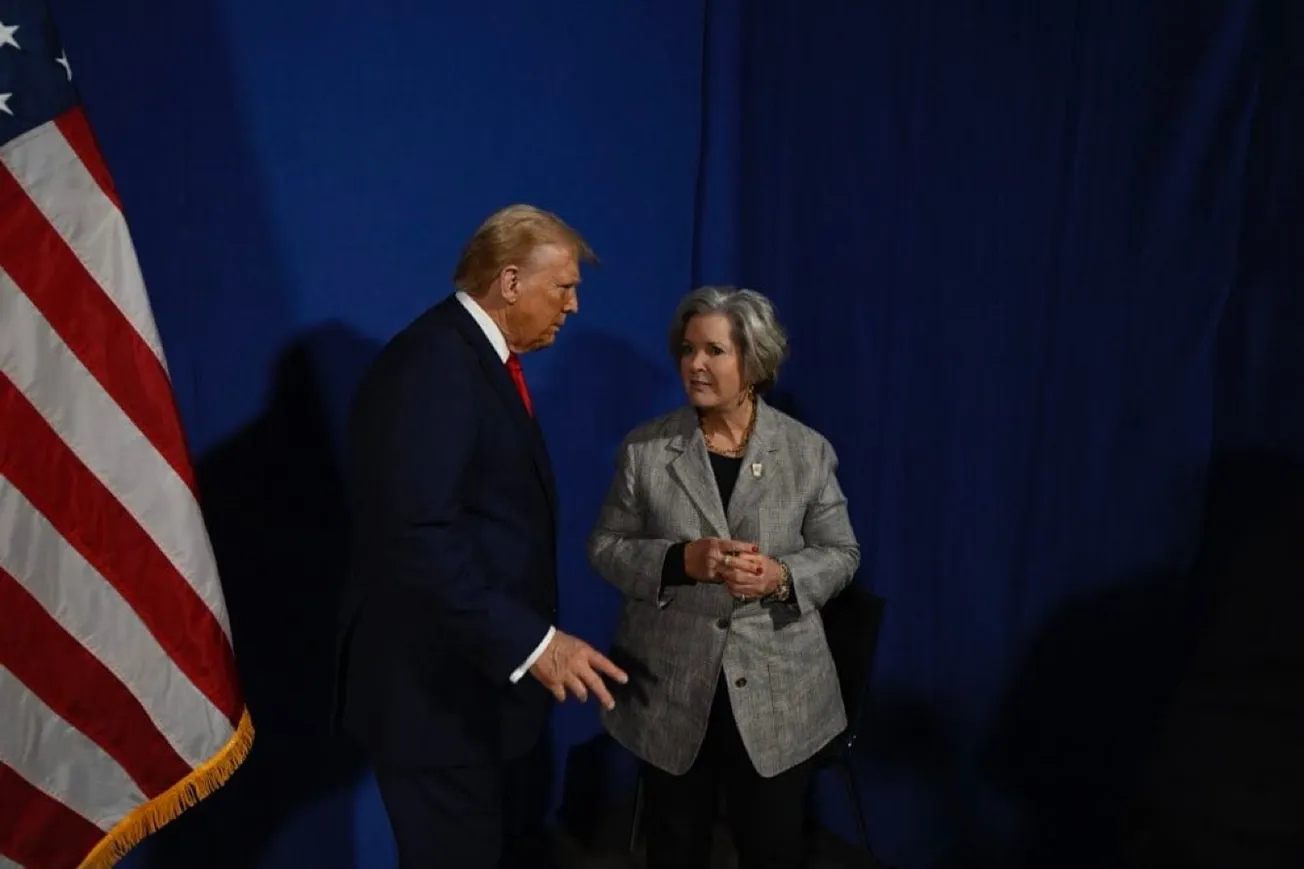By Saul Anuzis, via Issues & Insights | September 23, 2024
Over two years have passed since President Biden signed the misleadingly named “Inflation Reduction Act.” And the law’s true costs are now coming to light. The government just released prices for the first round of price-controlled drugs, and seniors should brace for impact.
The IRA’s overhaul of Medicare’s prescription drug benefit was touted as a balm for high pharmacy costs. But the numbers paint a grim picture.
Already, premiums have surged by 42% for higher-end prescription drug plans and a staggering 57% for lower-end plans across major states like California, Florida, New York, Pennsylvania, and Texas. Compounding this issue, the Kaiser Family Foundation reports a 25% drop in available plans for the average beneficiary. Fewer options and higher premiums — hardly the political gift seniors were promised.
The pain doesn’t stop there. A study by Milliman reveals that by 2026, 3.5 million beneficiaries will face substantial increases in out-of-pocket costs for price-controlled prescription drugs.
Overall, seniors can expect a 12% hike in these expenses. That’s because the so-called “negotiation” isn’t about saving seniors money, it’s about saving the government money so they can spend on other things included in the IRA — like green energy subsidies. For those on fixed incomes already struggling with inflation, this could force impossible choices between vital medications and other necessities.
Even more troubling is the disproportionate impact on communities of color. African and Asian American enrollees are expected to bear the brunt of these increases due to lower average incomes and plan choices. So much for reducing inequality.
Insurance companies, predictably, aren’t absorbing these costs. They’re passing them on and finding new ways to avoid paying for care. Enter “utilization management” — a euphemism for tactics that delay and deny care. Stricter prior authorization requirements and “step therapies” force patients to try cheaper, potentially less effective treatments before accessing what their doctors actually prescribed. These administrative hurdles don’t just frustrate patients; they can lead to dangerous delays in critical treatments.
So, if price controls aren’t the answer, what is? We need to tackle the root cause: Pharmacy Benefit Managers (PBMs). These middlemen have morphed from cost-savers to cost-inflators, and they’re at the heart of our drug pricing woes.
Just three PBMs — CVS Health, Cigna, and UnitedHealth Group — now control a staggering 80% of the market. This oligopoly wields enormous power over drug pricing and availability, often to the detriment of patients and taxpayers. Their profit schemes are eyebrow-raising, to say the least.
First, PBMs pocket the spread between the price they negotiate with drug manufacturers and what they charge health plans. This incentivizes them to favor higher-priced drugs that allow for larger spreads. Second, they push expensive brand-name drugs over cheaper alternatives through their formulary designs, often because they receive larger rebates from manufacturers for these pricier options. Third, they extract fees at every step of the supply chain, from pharmacies, manufacturers, and health plans, further driving up costs.
The impact of this broken system is far-reaching. Independent pharmacies struggle under unfavorable rates and fees, while patients face limited medication choices dictated by profit-driven formularies. Meanwhile, prescription drug costs soar, with PBMs profiting at every turn.
The path forward requires decisive action. We must reform the PBM system, delinking their profits from manufacturer pricing and incentivizing genuine cost savings. This means overhauling the rebate system and demanding greater transparency in PBM operations. Simultaneously, we need to abandon misguided price controls that stifle innovation. Instead, we should foster competition in the pharmaceutical market.
The IRA has failed to curb inflation and instead undermined Medicare Part D, a program seniors rely on. It’s time for the Biden-Harris administration to acknowledge this misstep and pursue real solutions that don’t sacrifice our most vulnerable citizens or future medical breakthroughs.
Our seniors deserve a healthcare system that prioritizes their needs over middlemen’s profits — not a raw deal masquerading as reform.
Saul Anuzis is president of 60 Plus, the American Association of Senior Citizens.
Original article link









